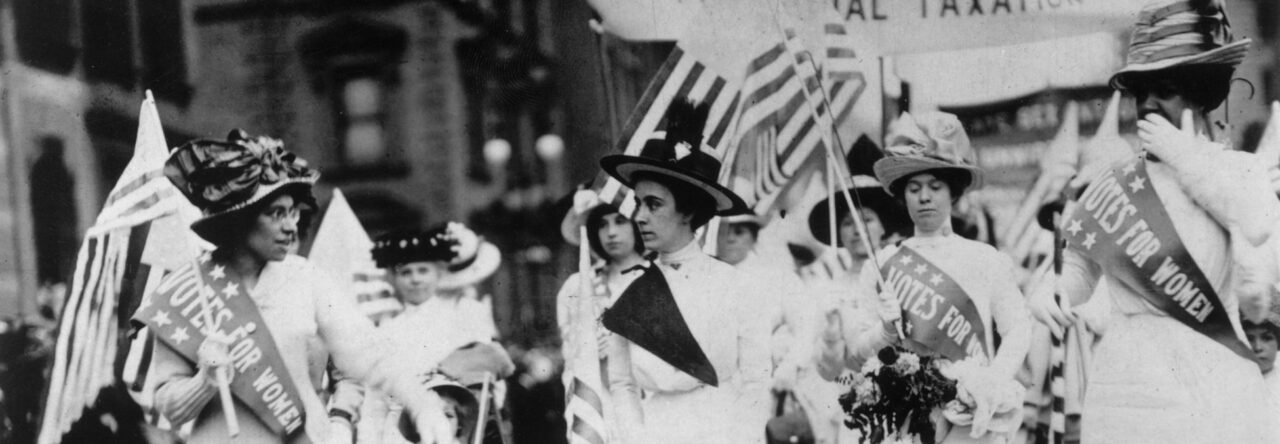 “The trumpet call is the most inspiring of all sounds, because it summons men to spurn ease and self-indulgence and timidity, and bids them forth to the field where they must dare and do and die at need.”- Theodore Roosevelt
“The trumpet call is the most inspiring of all sounds, because it summons men to spurn ease and self-indulgence and timidity, and bids them forth to the field where they must dare and do and die at need.”- Theodore Roosevelt
After serving two terms as President of the United States from 1901-1909, Theodore Roosevelt decided against running for reelection in 1908. But as historian Patricia O’Toole suggests, in reaction to “the wrenching events of 1912…he persuaded himself that the trumpets of patriotic duty were calling for him to run for president,” once again. Historian H.W. Brands argues that Roosevelt was upset with the current direction the Republican Party was headed and “felt forgiving, if condescending, towards Taft.” Roosevelt returned from retirement to run against Taft but ultimately failed to win the Republican nomination (The American National Biography).
Instead of accepting defeat, Roosevelt formed the Progressive Party to run as a third-party candidate. He used his influence to gain support from disenchanted Republicans and on September 5, 1912, the National Progressive Party documented their platform focusing on “the rule of the people” and “realized the birth of a new party…unhampered by any corrupt political past, or by that ‘invisible government,’ which has so long coerced legislation to serve special and private interests.” Roosevelt established new views for reform and succeeded in becoming a formidable opponent against Taft, his former party member, as well as Wilson, the Democrat candidate.
Unfortunately for Roosevelt, one man was not so happy with his choice to run for a third term and on October 14, 1912, John Schrenk attempted to assassinate the former president. The incident made headlines across the nation and the New York Tribune reported:
“A desperate attempt to kill Colonel Theodore Roosevelt failed to-night, when a bullet aimed directly at the heart of the ex-President and fired at short range by a would-be assassin spent its force in a bundle of manuscript containing the address which Colonel Roosevelt was to deliver to-night and only slightly wounded the third party candidate.”
The New York Times further explained how Roosevelt insisted on continuing with his speech, “succeeded in making himself heard and talked for nearly an hour.” Only then was he taken to hospital.
October ended and November brought the much-anticipated Election Day. The Washington Times detailed Roosevelt’s day at the polls:
“After a busy morning at his correspondence, Colonel Roosevelt was driven in his automobile to the place at the little engine house at Oyster Bay, arriving there at five minutes after 12 o’clock…Followed by a crowd of villagers, half a dozen photographers and the members of his party, the colonel entered the polling place and signed the book. His ballot was No. 265.”
When the results came in, Roosevelt’s Progressive Party had not mustered enough support and Wilson won the election with 400 electoral votes. Even so, Roosevelt won six states and beat Taft out in nearly all of them. The Bull Moose Party may not have won the election but it came a strong second and proved to upset bipartisan politics.

Leave a Reply
You must be logged in to post a comment.